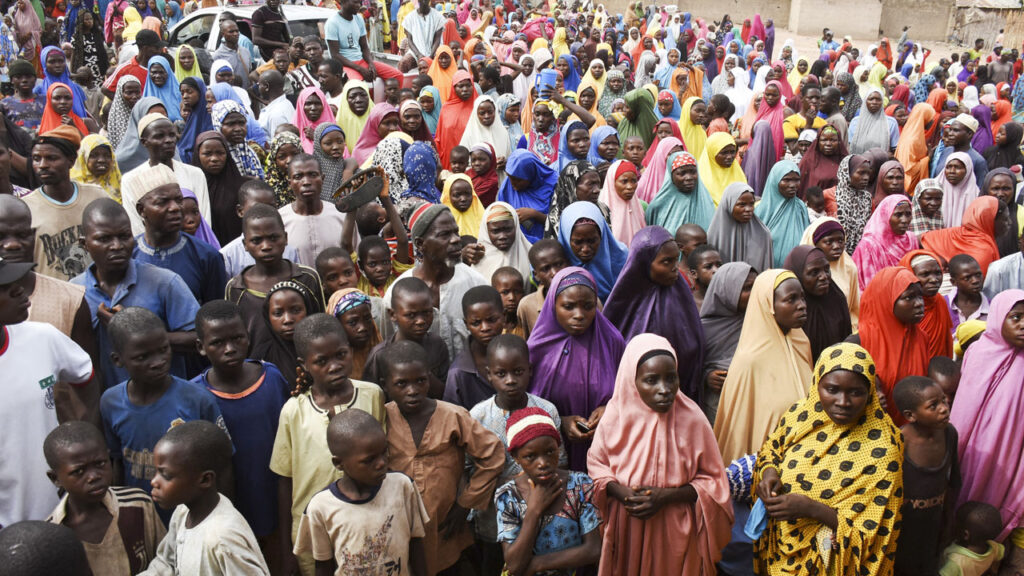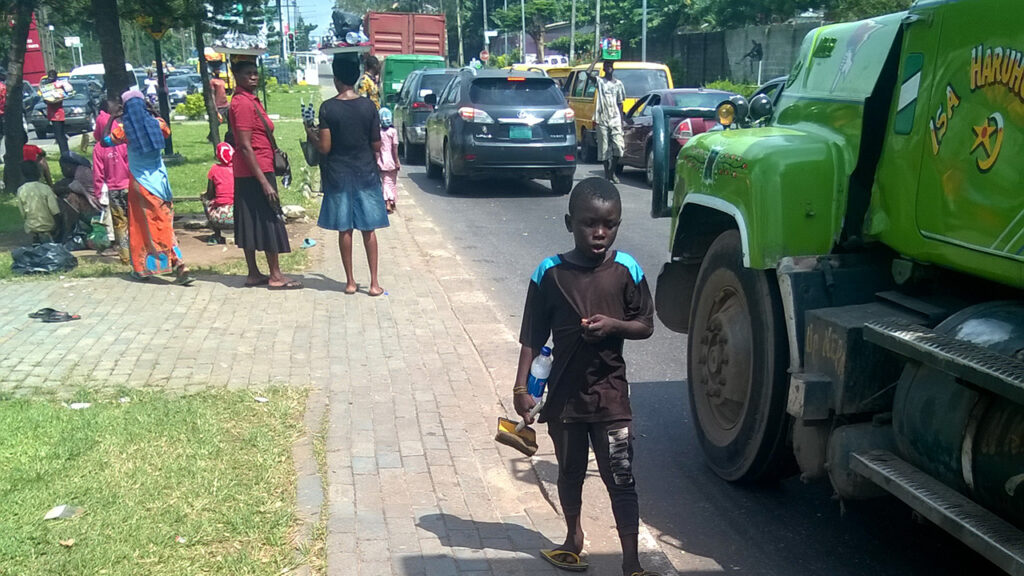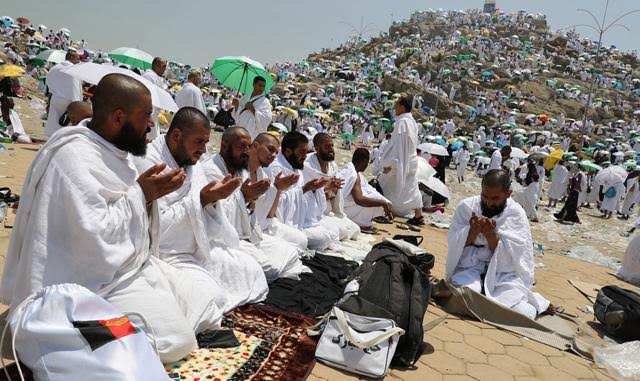
The Dean of the Faculty of Social Sciences, University of Lagos (Unilag), Prof. Adelaja Odutola Odukoya has called on the government and other stakeholders to rise and give legal protection to children and others in internally displaced persons’ (IDP) camps in the North.
He made the call alongside the Principal Investigator of the team of researchers that conducted a study on Internal Displacement and Reproductive Health Challenges Assessment of Experiences of Men and Women in Internally Displaced Persons’ Camps in Northern Nigeria, Dr Michael Kunnuji.
Speaking after a briefing on the outcome of the research, Odukoya said that it focused on reproductive issues in IDP camps in Kaduna and Benue States.
The research was conducted by Dr Michael Kunnuji, Dr Idongesit Eshiet, Prof. Chinwe Nwanna, Mrs Oluwayomi Adeleke and Mr Richard Okocha of the Department of Sociology University of Lagos.
Odukoya noted that these people are living outside their houses, and therefore depend on others to survive.
“That is why I said all stakeholders both local, international must rise to defend them. First and foremost, we must know that these people are citizens and as Nigerians, they have rights to live and to enjoy their lives,” he pointed out.
He said that child violence, child marriage, sexual abuse are illegal and charged the government to rise up to its responsibility to ensure that they are protected.
On his part, Kunnuji explained that IDPs in Benue and Kaduna are faced with sexual and reproductive health challenges.
“For instance, the people in IDP camps are exposed to sexual exploitation, sometimes by law enforcement personnel or even by people who manage those camps. People in IDP camps are exposed to sexual exploitation also because of disruptions and loss of livelihoods.
“These people are sometimes open to transactional sex because when people can’t earn a living, sometimes they consider exchanging sex for food or for shelter or for clothing or for some other services.
“They are also exposed to limited access. They don’t have sufficient access maybe to family planning and that leads to unwanted pregnancies. And the unfortunate thing is that some of these people now procure abortions that are done by unqualified people which means that there will be a need for post abortion care,” he explained.
He said that Nigerians’ problems are not about the laws, even though there are laws in place, you still need the political and the public will to make those laws work.
His words: “It is important that we truly understand the nature of the problem. It is not just about putting laws in place. It is also important that we understand the context. We understand the people, the cultures and understand how the cultures shape the challenges people are facing.
“For instance, in the study, we found out that even in places where services are available, maybe due to religious reasons, people may not be able to access those services. This is because people who use sexual and reproductive health services, sometimes, are considered immoral. So, for religious reasons, people may not even access services that are available.
“That is why I am saying that it is not enough to talk about the laws, because we have laws in this country. We have the Child Rights Act and the Act is actually meant to protect children. Anybody below the age of 18 years is captured as a child under the law and can’t even contract any marriage.”
He, however, noted that when the law conflicts with the peoples’ customs and their religious belief, then it becomes a problem.
“So, it is not sufficient to put law in place. It is important to understand the culture of the people and fashion the laws in line with the expectations of the people,” he said.











